Introduction
In the realm of food microbiology, the accuracy of detecting and enumerating harmful microorganisms is paramount. Buffered Peptone Water (BPW) plays a crucial role in this domain. This Discription delves into the properties, uses, and significance of BPW in the microbiological examination of food.
Product Description
Buffered Peptone Water (BPW) is a non-selective pre-enrichment liquid medium used extensively in the microbiological examination of food products. Compliant with ISO standards 6887, 11290, 21528, and 6579, BPW enhances the recovery of injured Salmonella spp. from various food samples. The medium consists of enzymatic digest of casein, sodium chloride, disodium hydrogen phosphate, and potassium dihydrogen phosphate, with a final pH of 7.0 ± 0.2 at 25°C. Available in various packaging options, BPW is hygroscopic and requires storage in dry conditions. Its shelf life spans four years for the dehydrated medium and two years post-preparation.
Composition and Preparation
The typical formula of BPW includes 10.0 g/l of enzymatic digest of casein, 5.0 g/l of sodium chloride, 3.5 g/l of disodium hydrogen phosphate, and 1.5 g/l of potassium dihydrogen phosphate. The preparation involves suspending 20.0 g of the powder in 1 liter of distilled or deionized water, boiling until dissolved, and sterilizing in an autoclave at 121°C for 15 minutes.
Method Principle
BPW’s composition provides the necessary nutrients for microbial growth. The enzymatic digest of casein supplies amino acids, nitrogen, carbon, and essential minerals. Sodium chloride maintains the osmotic balance, while phosphates act as buffering agents, ensuring an optimal growth environment.
Application in Microbiological Testing
BPW is predominantly used for pre-enrichment in microbiological testing. The process involves suspending the food sample in BPW, incubating it at 37 ± 1°C for 16-20 hours, and then transferring it to selective enrichment media. This step is crucial for recovering sub-lethally injured bacteria, particularly Salmonella spp., from food samples.
Interpreting Results and Quality Control
The presence of turbidity in the medium after incubation indicates microbial growth. BPW undergoes stringent quality control tests, using microbial strains like Escherichia coli, Staphylococcus aureus, and Listeria monocytogenes to ensure its efficacy in supporting microbial growth.
Storage and Shelf Life
BPW in its dehydrated form has a shelf life of 4 years, while the prepared medium can be used for up to 2 years. It requires storage at 10-30°C in a dry environment and away from light.
Conclusion
Buffered Peptone Water is an indispensable tool in the microbiological analysis of food. Its ability to support the growth of microorganisms, particularly in recovering injured bacteria, makes it a reliable choice in food safety laboratories worldwide. Its compliance with international standards further underscores its importance in maintaining food safety and public health.

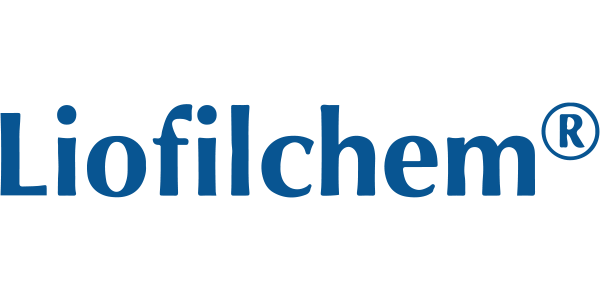
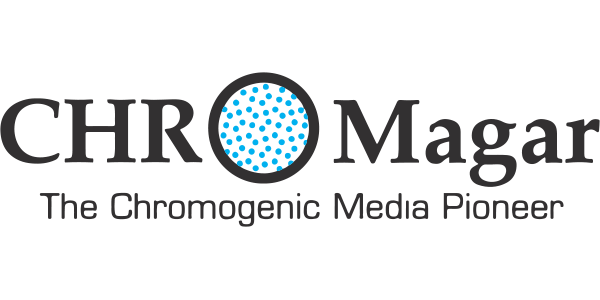
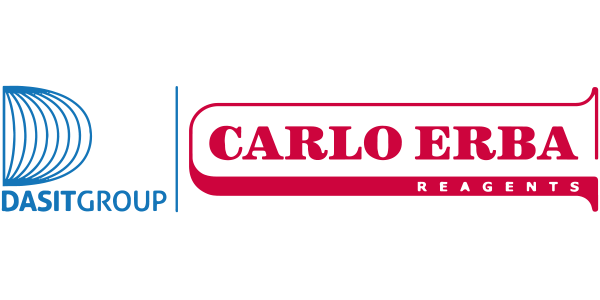


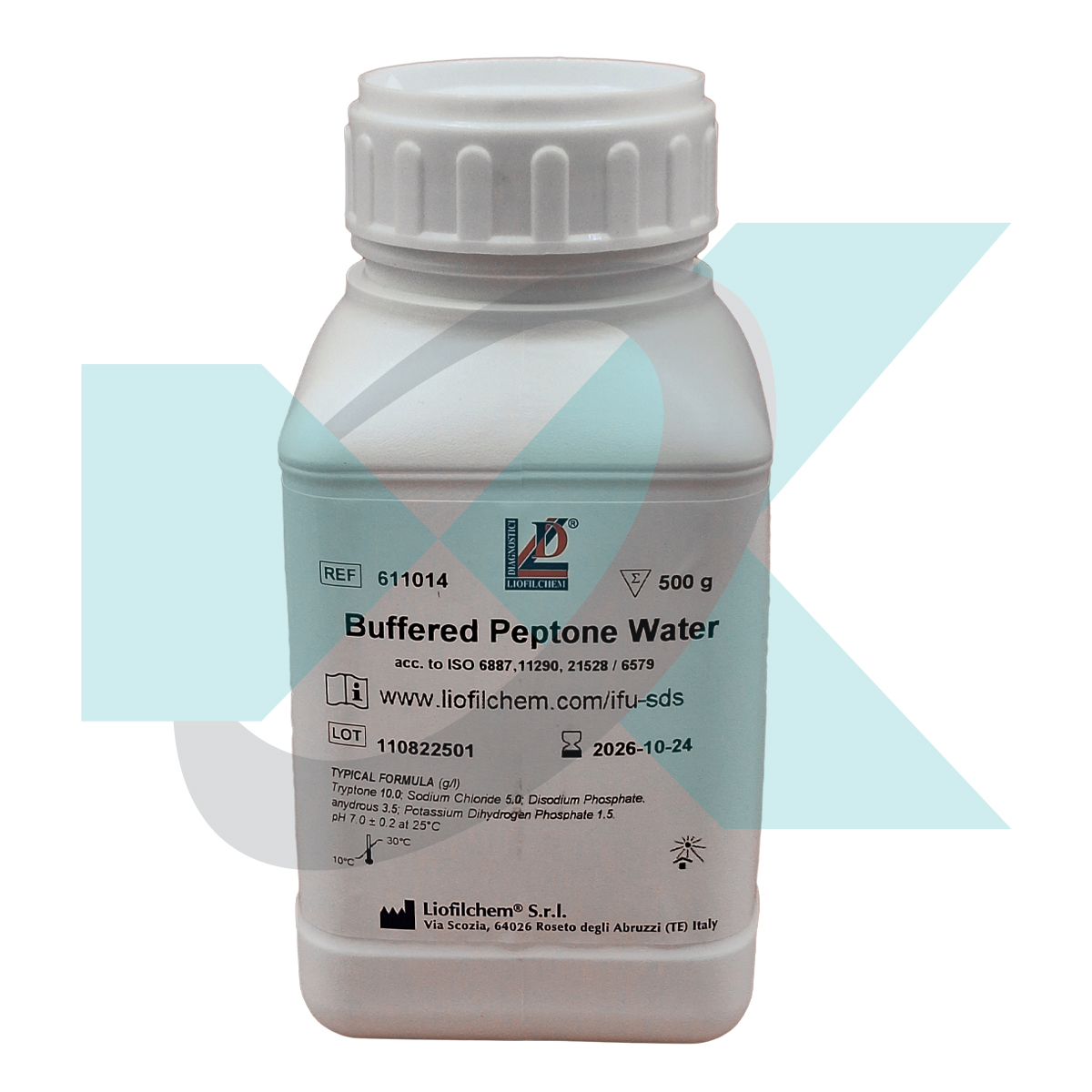
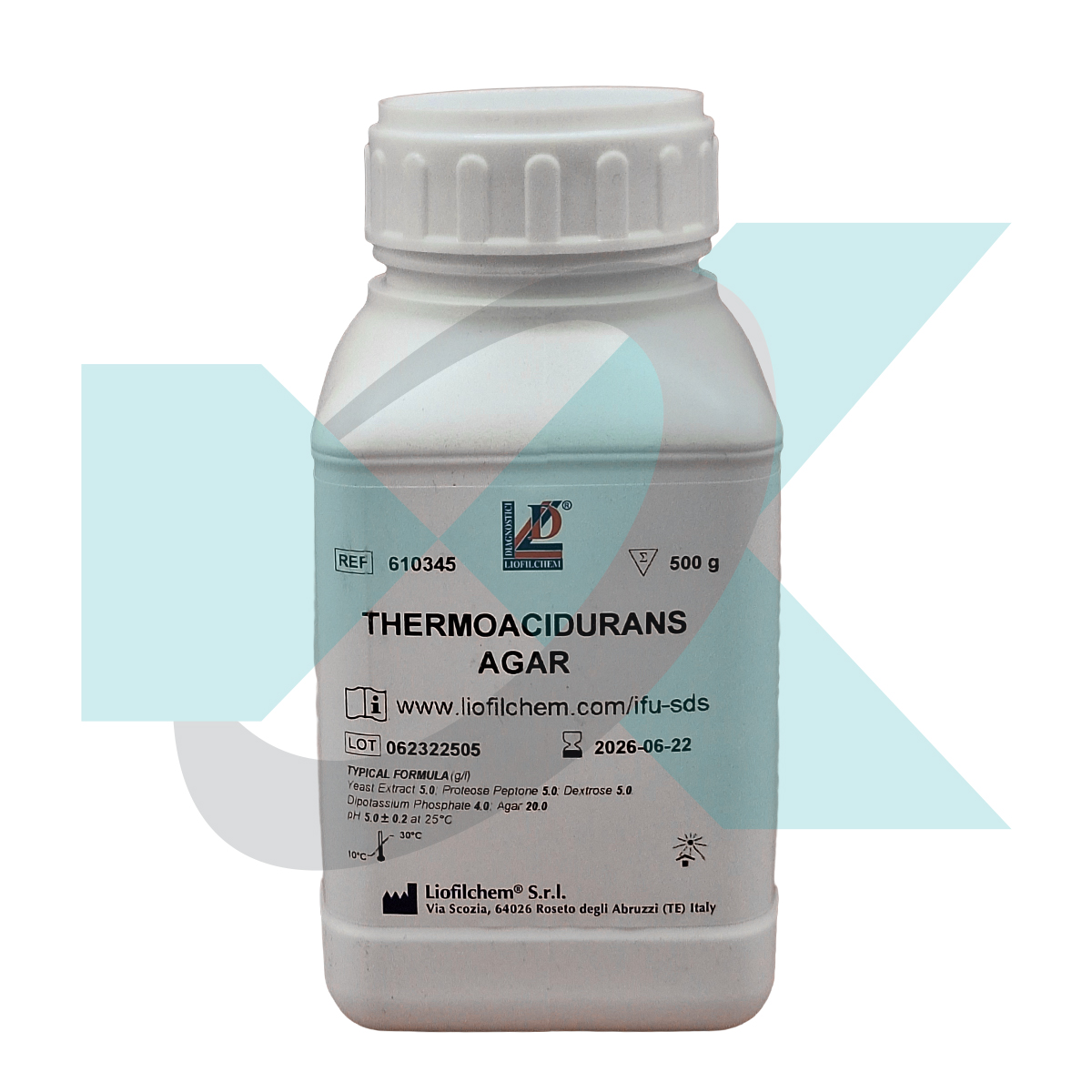
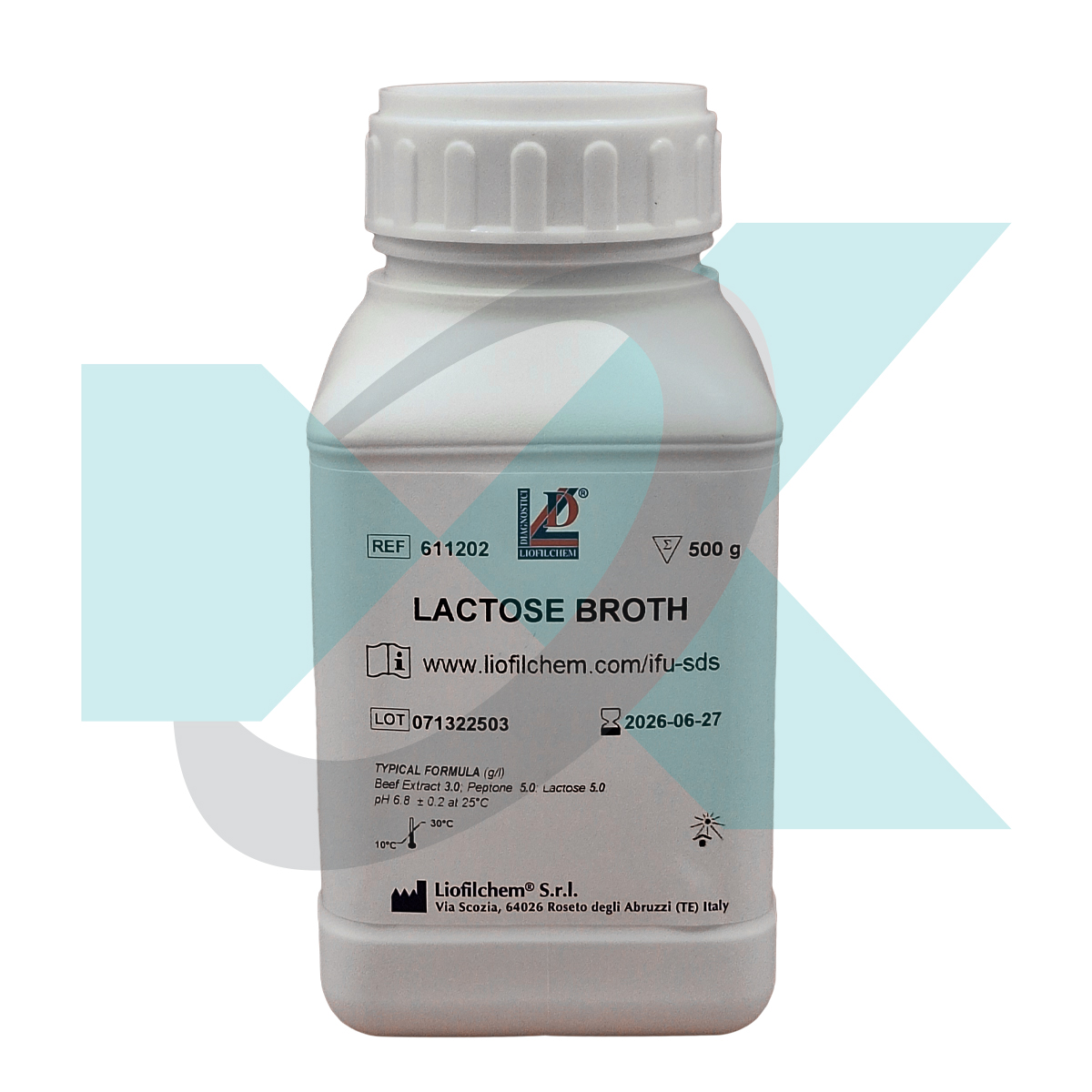
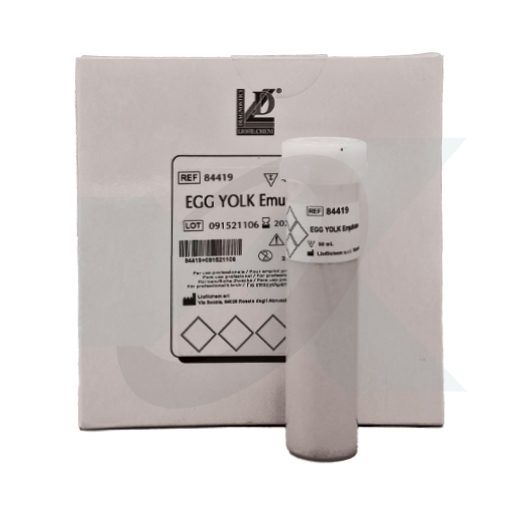
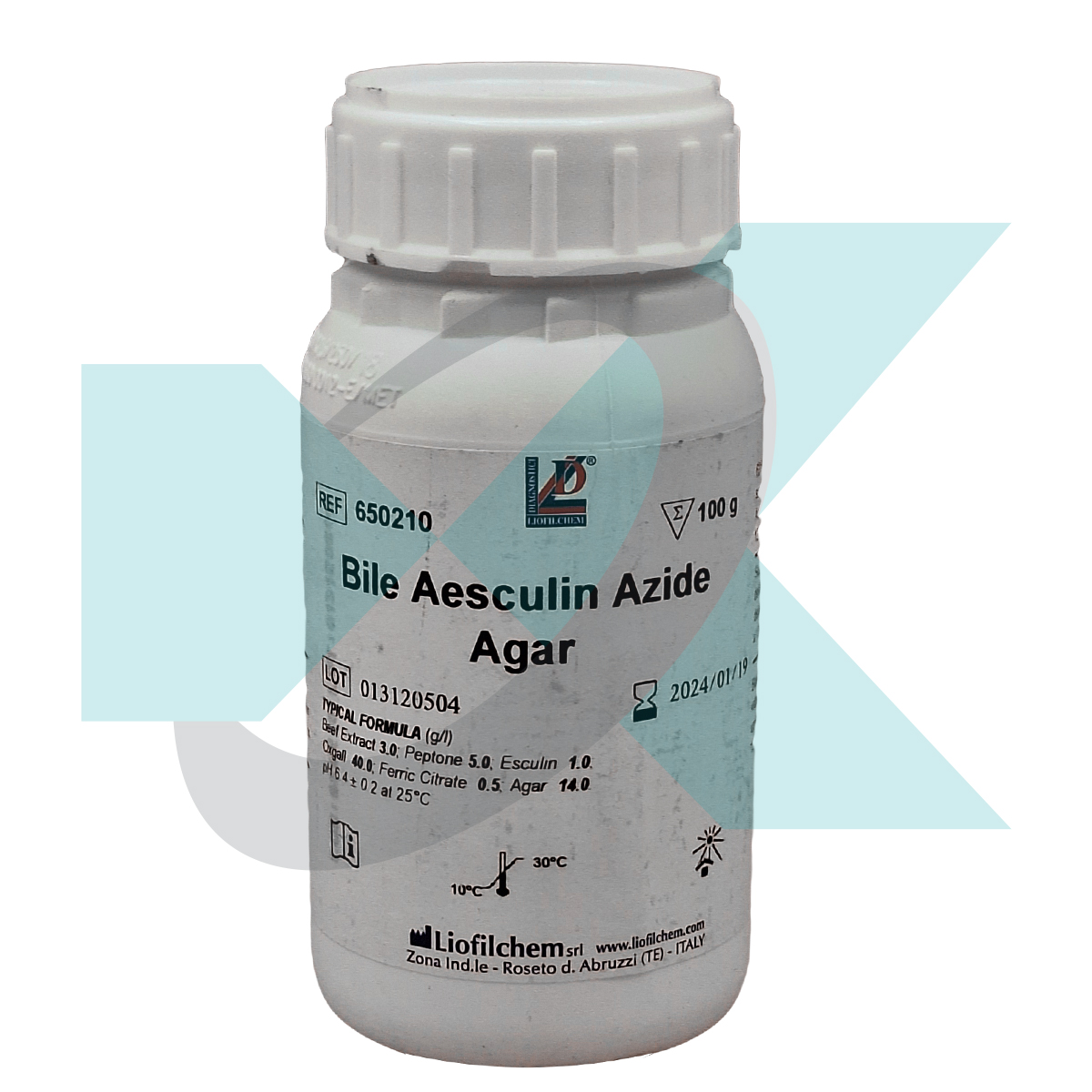
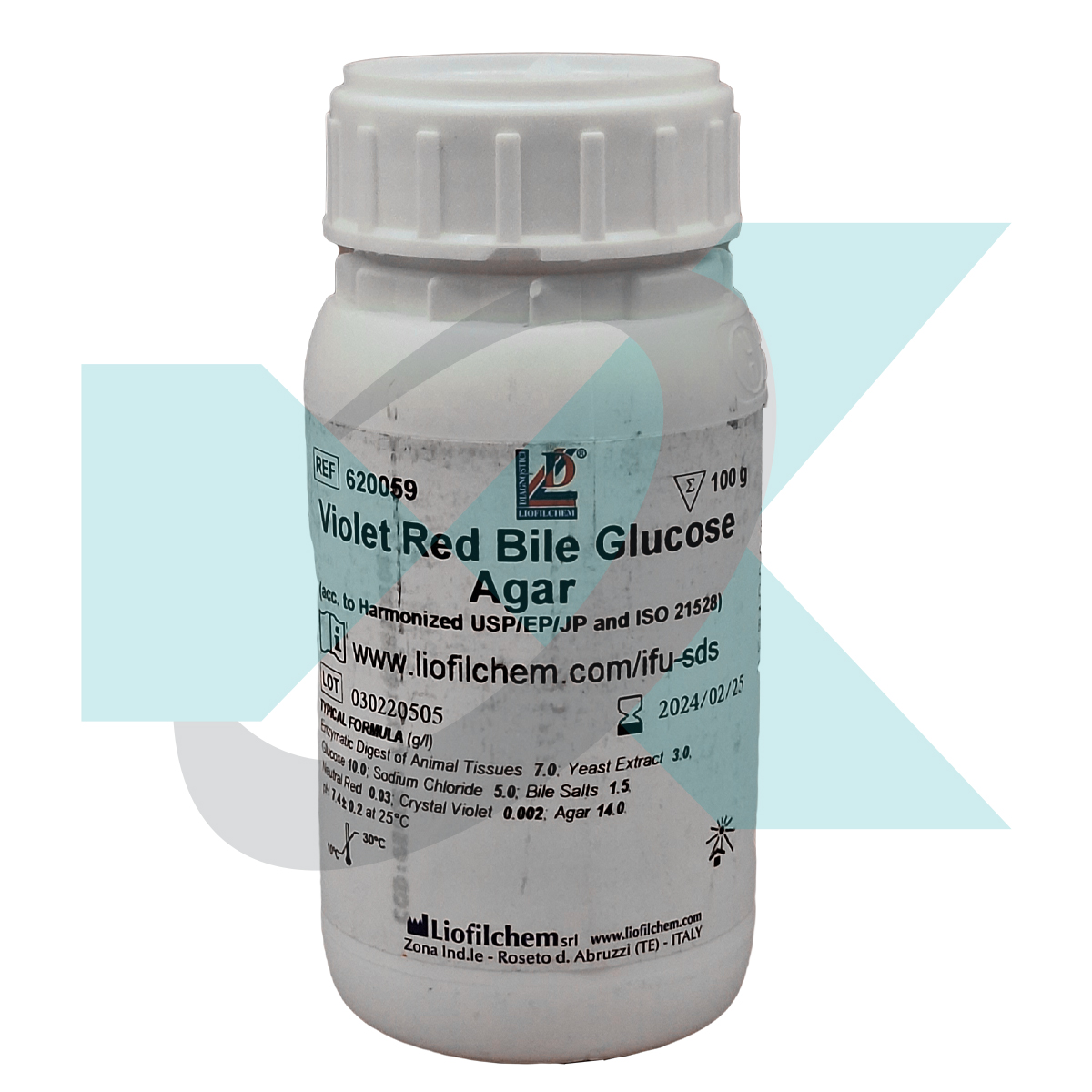
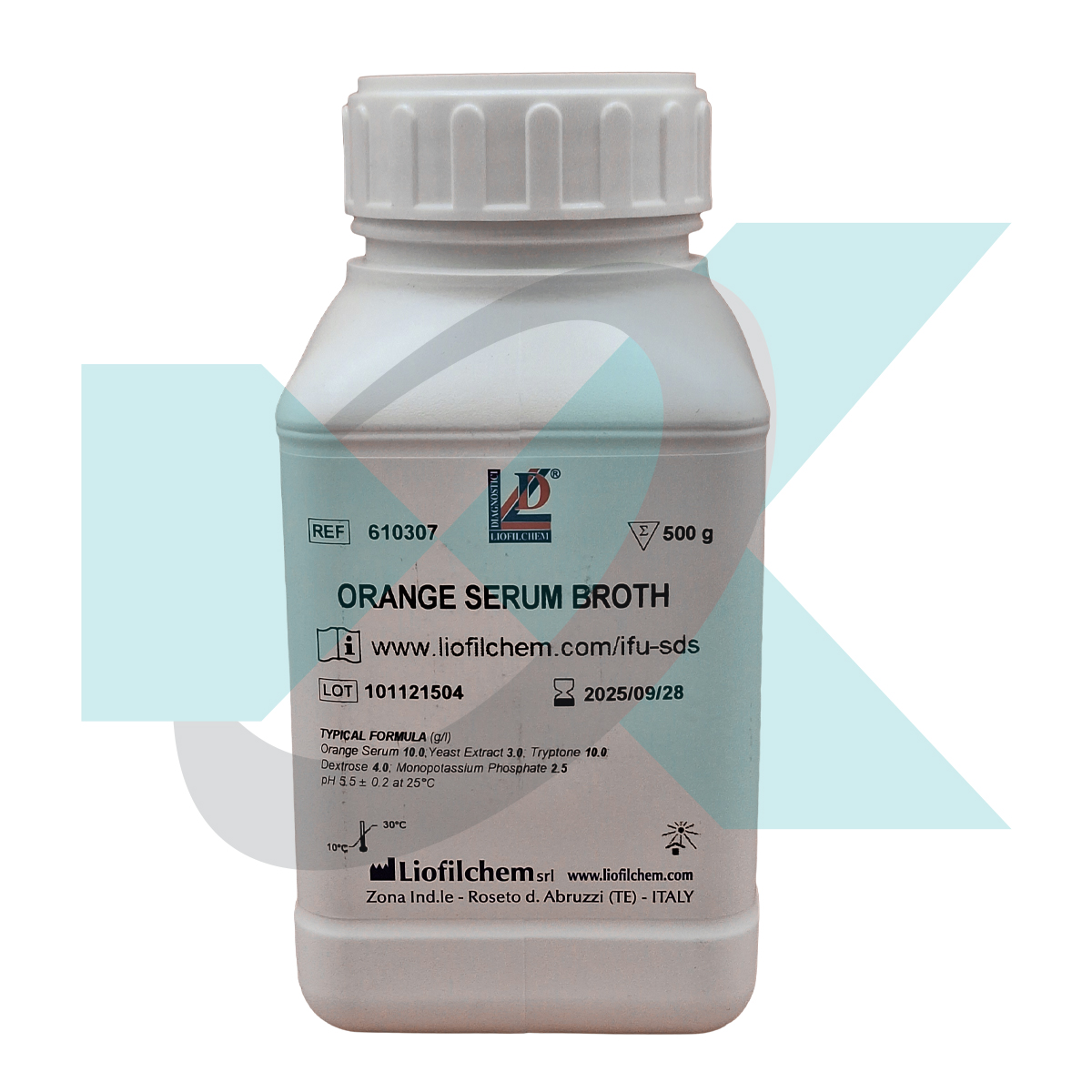
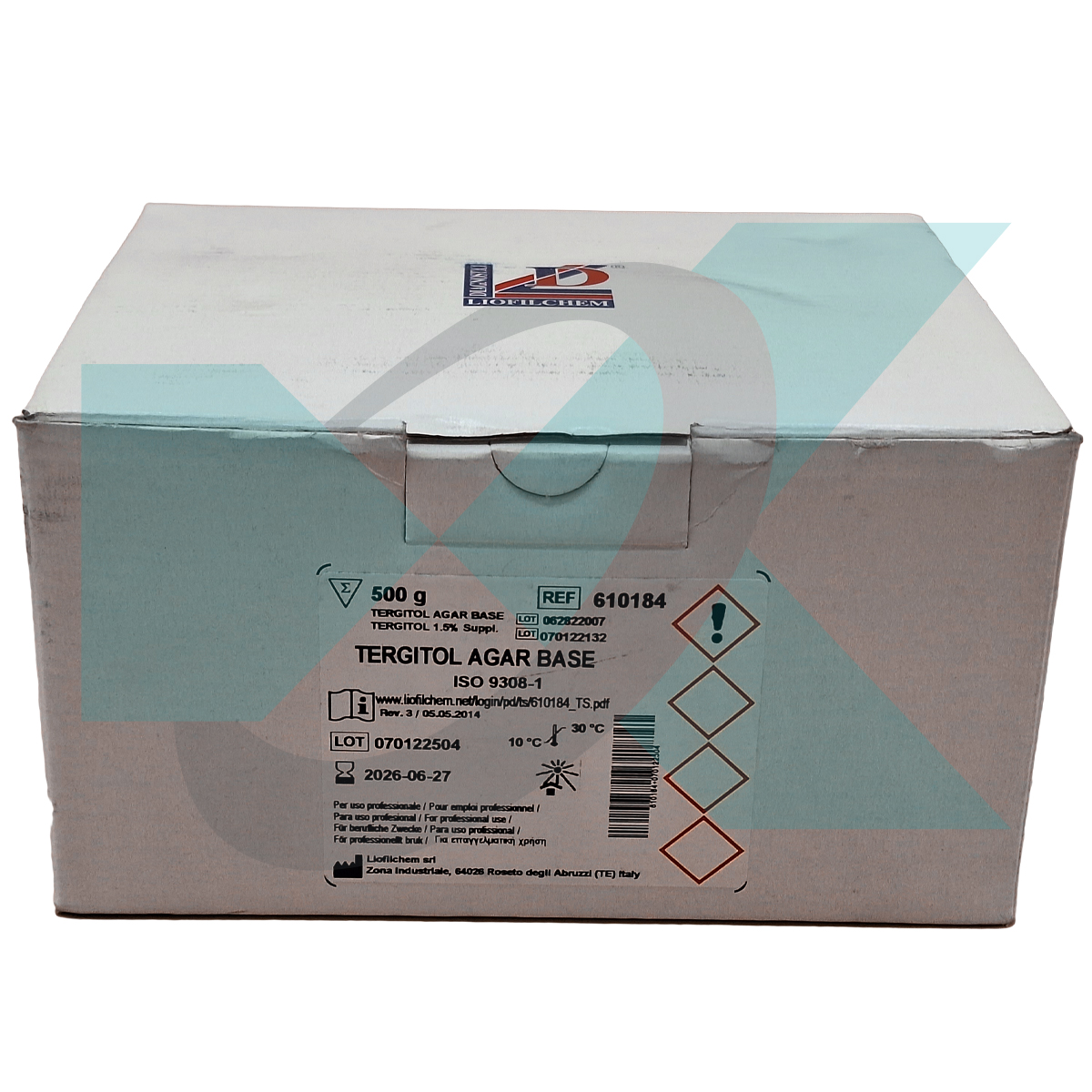
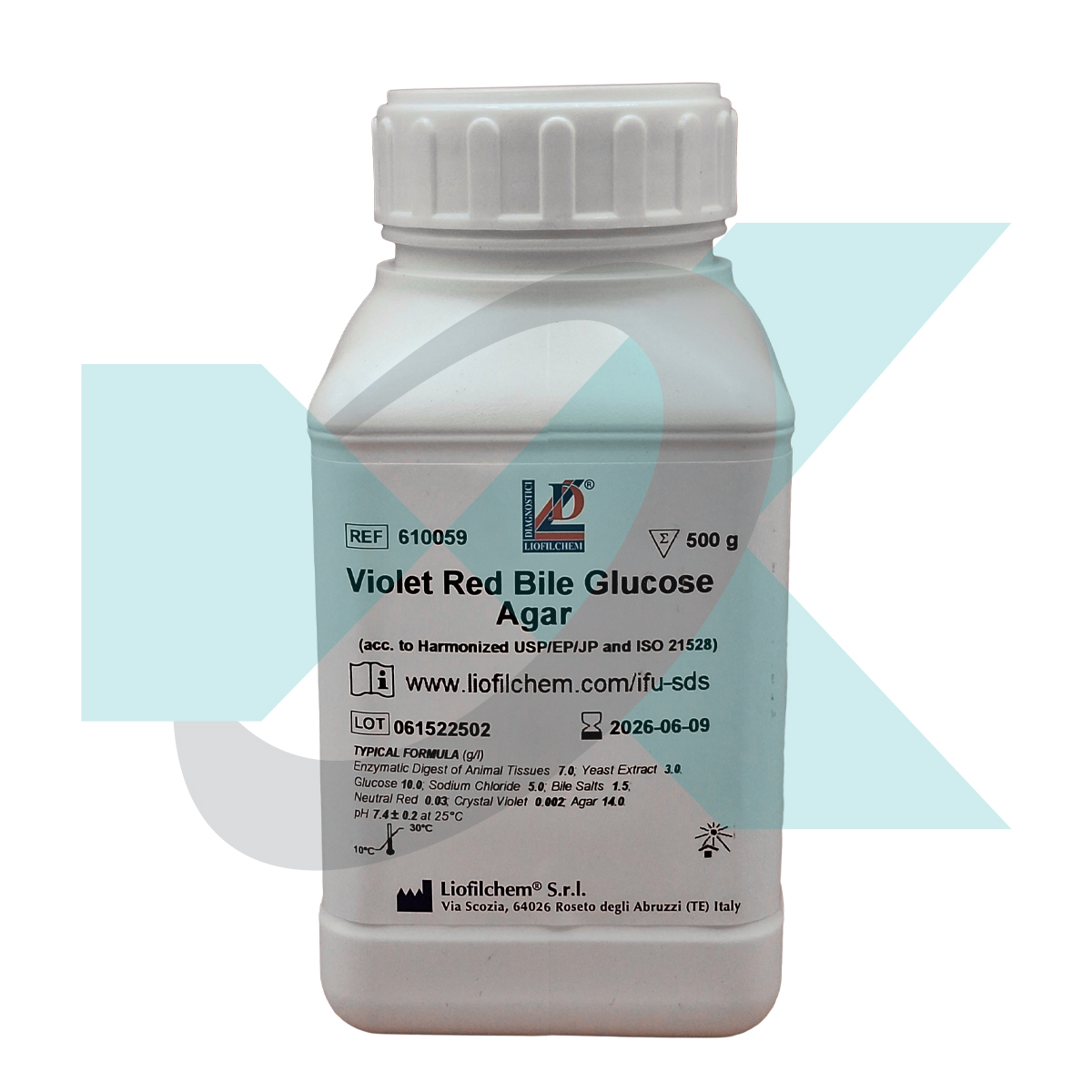
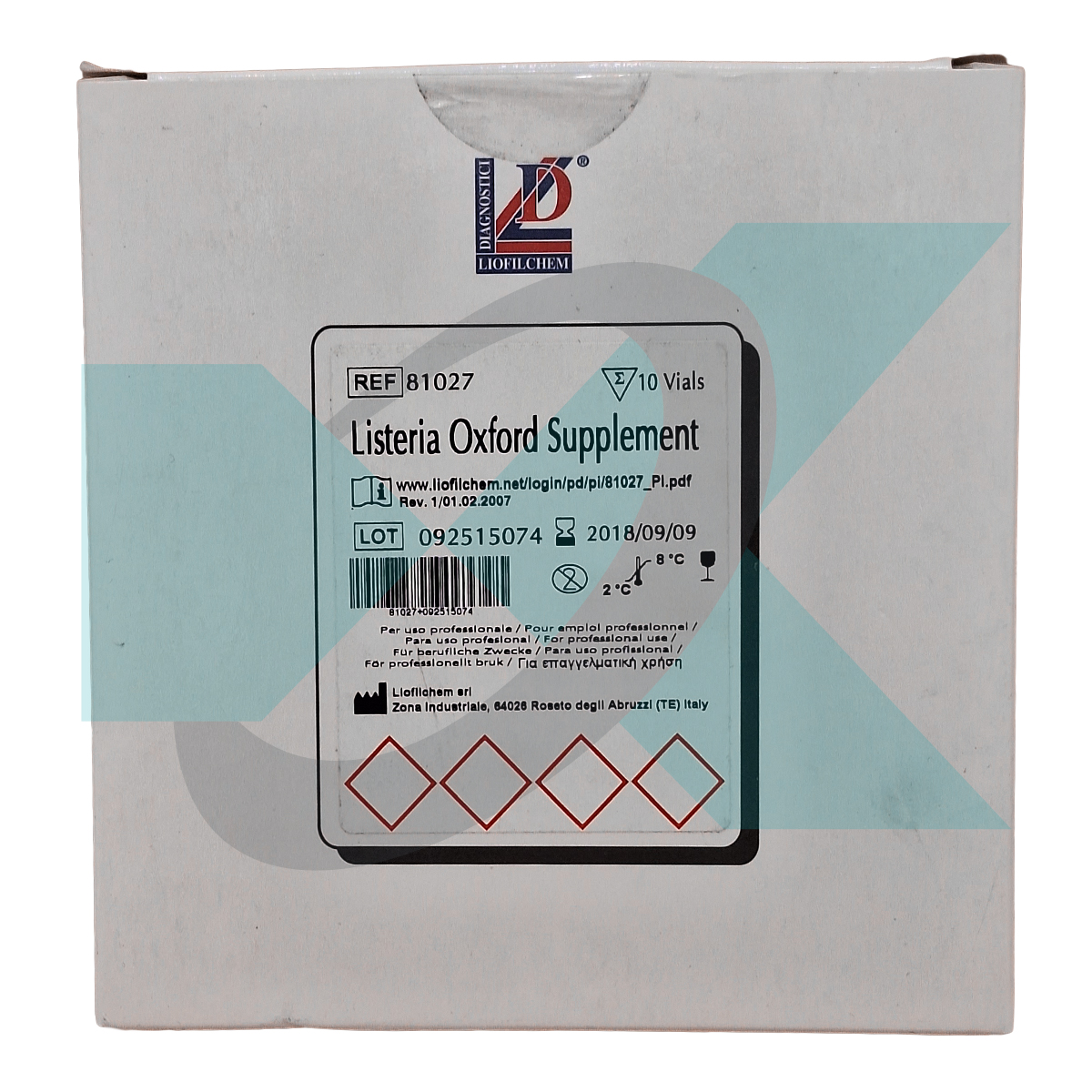

نقد و بررسیها
هنوز بررسیای ثبت نشده است.